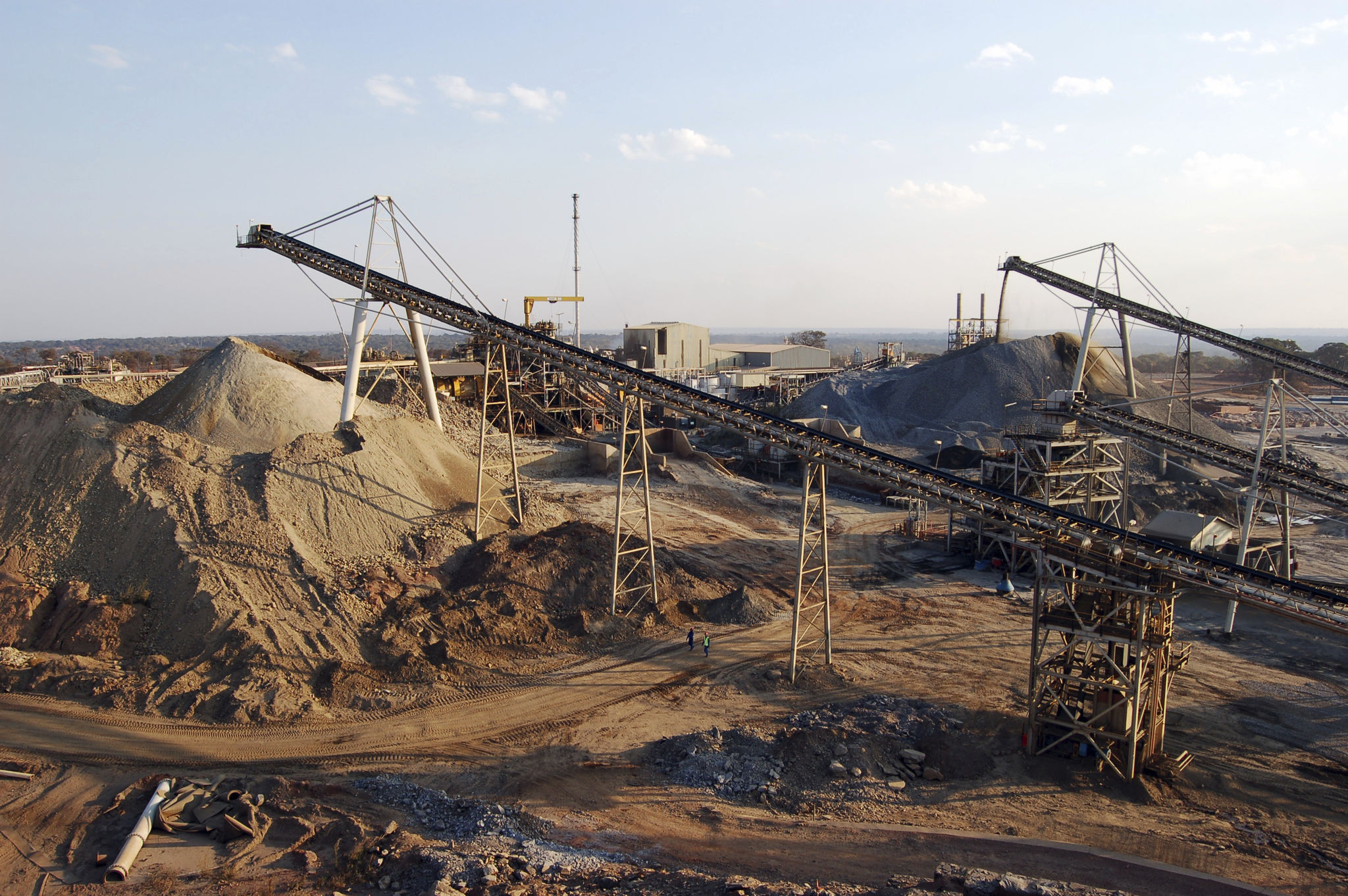Navigating Zambia's Mining Regulations: What You Need to Know
Understanding Zambia's Mining Landscape
Zambia is one of the world's top copper producers, making its mining sector a vital component of the country's economy. However, navigating the regulatory environment can be complex, especially for new entrants. Understanding the landscape is crucial for compliance and successful operations.

The Zambian government has put in place a comprehensive legal framework to regulate the mining industry, ensuring responsible mining practices and protecting national interests. These regulations are designed to promote sustainable development while attracting foreign investment. Companies looking to invest in Zambia's mining sector need to familiarize themselves with a mix of statutory requirements and practical considerations.
Key Regulations Governing the Industry
The primary legislation governing mining in Zambia is the Mines and Minerals Development Act. This act outlines the rights and obligations of mining companies, detailing licensing procedures, operational guidelines, and environmental responsibilities. It's essential to understand these provisions to avoid legal pitfalls.

In addition to the Mines and Minerals Development Act, several other regulations influence the mining sector. These include environmental laws that mandate companies to conduct comprehensive environmental impact assessments before commencing operations. Compliance with these laws is not only a legal requirement but also a step towards sustainable mining practices.
Licensing and Permits
Obtaining the necessary licenses and permits is a critical step in starting mining operations in Zambia. The process involves multiple stages, including application submission, review by the Ministry of Mines and Minerals Development, and, if successful, issuance of the relevant license.
- Prospecting License: Allows exploration activities to assess mineral potential.
- Mining License: Grants rights to extract minerals within a specified area.
- Artisanal Mining Rights: Issued for small-scale mining activities.

Taxation and Revenue Management
Zambia's mining sector is subject to a range of taxes and royalties, which are crucial for national revenue generation. Understanding these financial obligations is essential for budgeting and financial planning. Key taxes include mineral royalty tax, corporate income tax, and import duties on mining equipment.
The government has been working towards creating a balanced taxation policy that encourages investment while ensuring fair revenue collection. Companies must stay updated on any changes in tax regulations to ensure compliance and optimize their financial strategies.
Environmental and Social Responsibilities
Mining companies in Zambia are expected to adhere to strict environmental and social guidelines. This includes minimizing environmental impact through sustainable practices and engaging with local communities to ensure their participation in decision-making processes.
Companies are encouraged to invest in community development projects and adhere to best practices in occupational health and safety. By doing so, they not only comply with regulations but also build a positive reputation within local communities.

Navigating Challenges and Opportunities
Navigating Zambia's mining regulations can be challenging due to their complexity and the dynamic nature of the industry. However, these challenges also present opportunities for companies willing to invest time and resources in understanding the regulatory framework.
Collaboration with local experts, legal advisors, and government agencies can provide valuable insights into regulatory compliance. By doing so, companies can position themselves for success in Zambia's lucrative mining sector while contributing positively to the country's economy and communities.
